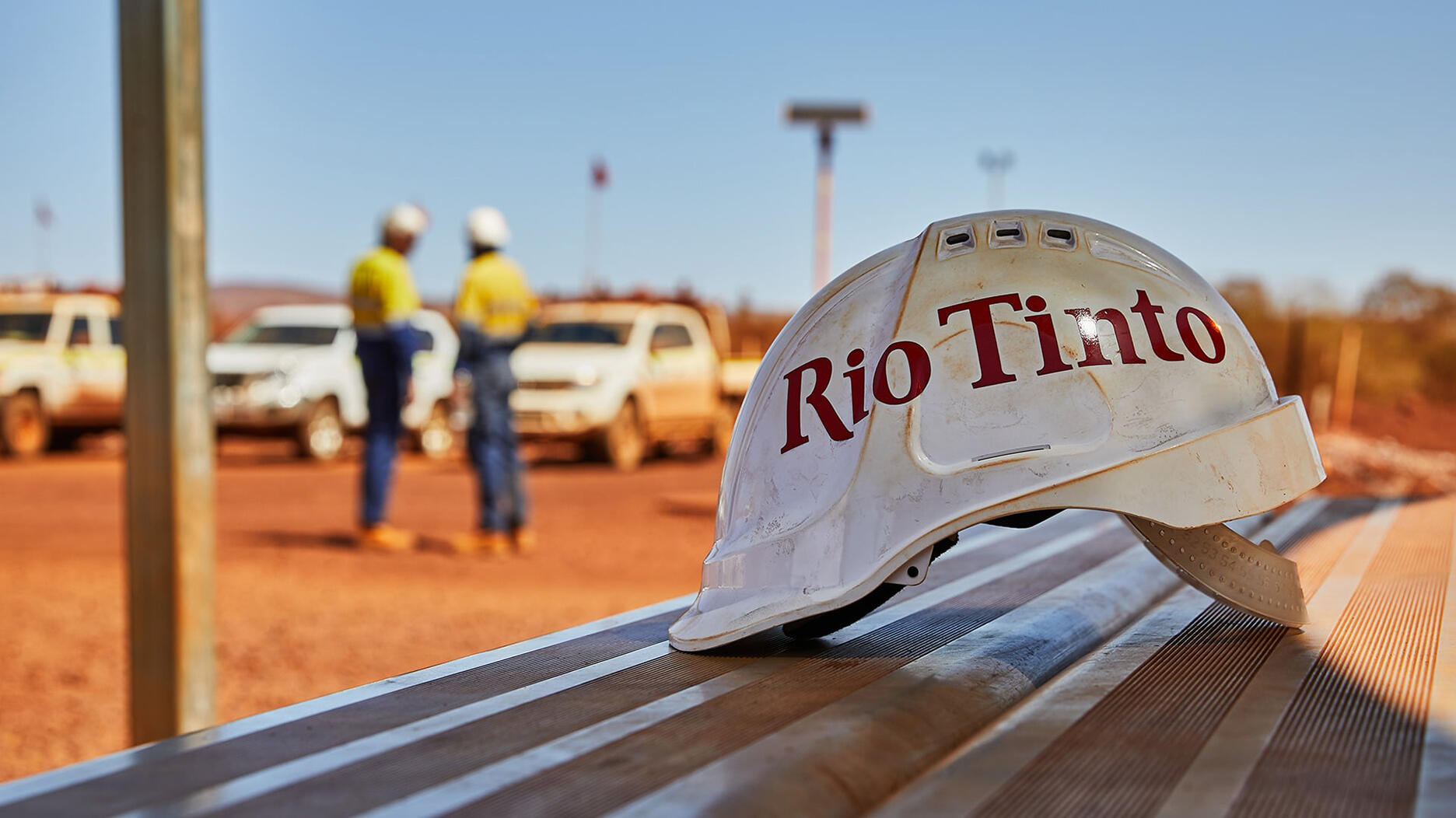Rio Tinto Workplace Report Reveals ‘Deeply Disturbing’ Culture

Rio Tinto employees in the Pilbara region of Western Australia, where the mining company owns iron ore assets. The company recently issued a report about its workplace culture, detailing accounts of sexual assault and harassment, racism, bullying, and other forms of discrimination. (Image courtesy of Rio Tinto)
"Melbourne, Australia—Rio Tinto published a review of its workplace culture earlier this month, uncovering reports of sexual assault and harassment, racism, bullying and other forms of discrimination throughout the company.
The review, facilitated by former Australian Sex Discrimination Commissioner Elizabeth Broderick, was carried out as part of the mining company’s “Everyday Respect” task force.
The company launched the task force in March 2021, looking to “better understand, prevent and respond to harmful behaviors in the workplace,” according to a press release about the findings.
What the report uncovered was “deeply disturbing,” said Rio Tinto Chief Executive Jakob Stausholm.
The study was conducted over eight months and involved asking 10,303 people to share their experiences via an online survey, which was available in 10 languages.
There were also 109 group listening sessions, held in 7 languages at nearly 20 different locations, as well as 85 confidential individual listening sessions, and 138 individual written submissions.
Looking at the last five years, the review found that bullying and sexism are systemic across worksites.
Employees said they were expected to “toughen up,” with nearly half (48 percent) of those surveyed reporting being bullied. Women (53 percent) were more likely to experience bullying than men (47 percent).
By location, employees in Australia (52 percent) and South Africa (56 percent) were the most likely to experience bullying.
Of those surveyed, 28 percent of women and 7 percent of men reported having been sexually harassed at work. Twenty-one women reported actual or attempted rape or sexual assault.
Women also reported various instances of sexism and discrimination, including fear of letting managers know they were pregnant and difficulty getting a flexible work schedule.
They also reported being denied gender-specific bathrooms, being left out of decisions and overlooked for promotions, and being asked to take notes, get coffee, or do a colleague’s laundry.
One respondent said that she “would not recommend Rio Tinto as a place to work for female friends or colleagues.”
Racism was said to be “common” in several areas, especially for those working outside of the country where they were born.
Of those who identify as Aboriginal or Torres Strait Islander in Australia, 40 percent of men and 32 percent of women said they experienced racism.
“I have copped racism in every single corner of this company,” said one employee.
LGBTQI+ employees reported significantly higher rates of bullying, sexual harassment, and racism compared with employees who do not identify themselves in that way.
These employees reported not feeling safe to identify themselves as LGBTQI+ to their colleagues and, when they did, were excluded and targeted by harassment.
“Overall, their comments suggest that the same hypermasculine norms and culture that can fuel everyday sexism and sexual harassment can also fuel heterosexism, making the inclusion and safety of employees who identify as LGBTQI+ a priority in any cultural reform,” said the report.
Employees also reported “harmful behavior” between employees and leaders and pointed to a “hierarchical, male-dominated culture” as a specific risk factor.
This behavior has been tolerated or normalized, said the report, and the identities of serial offenders are often an open secret.
The report found that employees feel there is little accountability, particularly for senior leaders, who behave in this manner and that these leaders are able to avoid consequences for this behavior.
Employees also highlighted a “capability gap” among those leading and managing people across all areas of the company, but particularly on the frontline.
“The findings of this report are deeply disturbing to me and should be to everyone who reads them. I offer my heartfelt apology to every team member, past or present, who has suffered as a result of these behaviors. This is not the kind of company we want to be,” said Stausholm.
He said he felt “shame and enormous regret” at what has gone on and added that he was grateful to those employees who came forward and shared their stories.
Apologies aside, the company’s report outlined 26 recommendations to improve workplace culture and prevent discriminatory and otherwise unacceptable behavior.
The recommendations focus on five key areas, including preventing harmful behavior via training and education programs.
“Rio Tinto places considerable and critical importance on safety and risk minimization. It is considered that this should extend to the prevention of harmful behaviors,” said the report.
Another key area of focus is leadership, with the report suggesting the company recruit and promote people with both subject matter expertise and people management ability.
The report also highlighted the need for a “caring and human-centered response to disrespect and harmful behavior,” suggesting the formation of an independent, confidential, and discrete unit that can respond to reports of harmful behavior and take a “trauma-informed” approach to supporting those affected.
The report noted the importance of providing employees with safe and appropriate facilities and the benefit of evaluating the company’s progress toward reform.
“Whilst progress is occurring at Rio Tinto, the challenge now is to ensure that this cultural shift—embedding everyday respect, eradicating harmful behaviors and ensuring consequences for those who use them—is replicated at all levels of the organization,” said the report.
The report recommended the company have an independent review of its progress within two years of implementing the recommendations.
“This report is not a reason for reduced confidence in Rio Tinto,” said Elizabeth Broderick.
“By ... "
https://www.nationaljeweler.com/article ... ng-culture